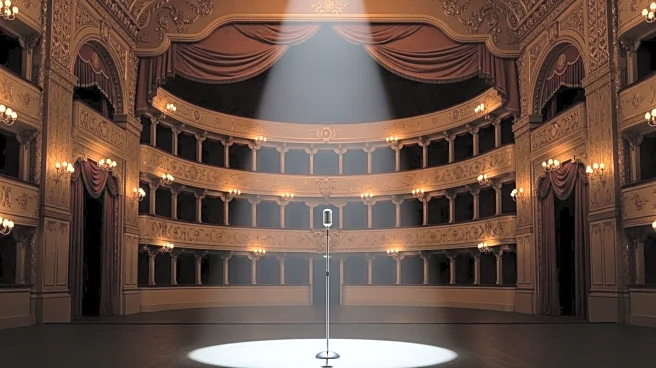Montserrat Caballé, born on April 12, 1933, in Barcelona, Spain, was a renowned Spanish operatic soprano celebrated for her powerful and agile voice. She passed away on October 6, 2018, in the same city.
Caballé was best known for her interpretations of the bel canto repertoire, particularly the works of Rossini, Bellini, and Donizetti. Her career spanned several decades, during which she became a global icon in the world of opera.
Origins & Early Formation
Born into a modest family in Catalonia, Montserrat Caballé began her musical education at the Conservatori Superior de Música del Liceu in Barcelona. With the support of the Bertrand i Serra family, she pursued further studies in singing under the guidance of Hungarian soprano Eugenia Kemeny and Catalan singer Conchita Badía. Her early training laid the foundation for a remarkable career in opera.
First Steps into Public Life
Caballé made her professional debut in 1956 at the Theatre of Basel, performing the role of Mimi in Puccini's La Bohème. By 1959, she was engaged by the Opera of Bremen, where she expanded her repertoire to include a wide range of soprano roles. Her international breakthrough came in 1965 when she replaced Marilyn Horne in a concert performance of Lucrezia Borgia at Carnegie Hall, earning her critical acclaim and the nickname "La Superba."
Rise & Turning Points
Throughout the 1970s, Caballé solidified her status as a leading soprano with performances at prestigious venues such as La Scala and the Royal Opera House. She was instrumental in reviving interest in the bel canto repertoire, alongside contemporaries like Joan Sutherland and Beverly Sills. Her collaboration with Freddie Mercury on the song "Barcelona" in 1987 further expanded her audience, making her a household name beyond the opera world.
Final Years, Death & Legacy
In her later years, Caballé continued to perform and record, despite health challenges. She celebrated her 50th career anniversary at the Gran Teatre del Liceu in 2012. Montserrat Caballé passed away on October 6, 2018, leaving behind a legacy as one of the greatest sopranos of the 20th century. Her contributions to opera and her unique voice continue to inspire new generations of singers.









